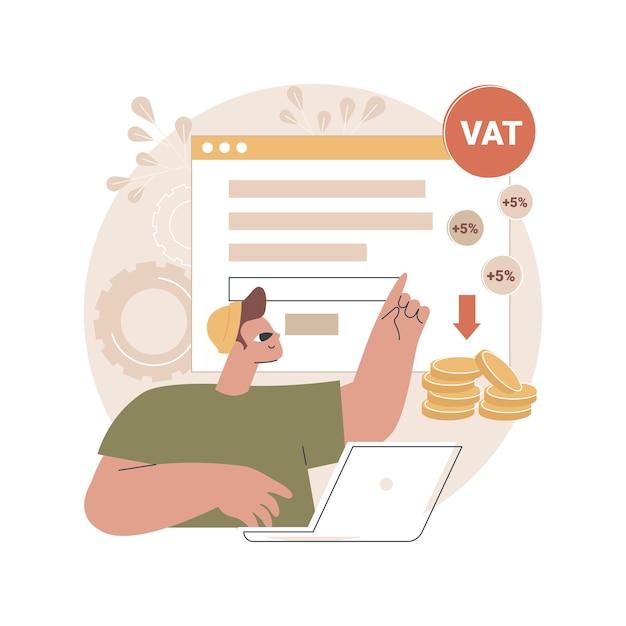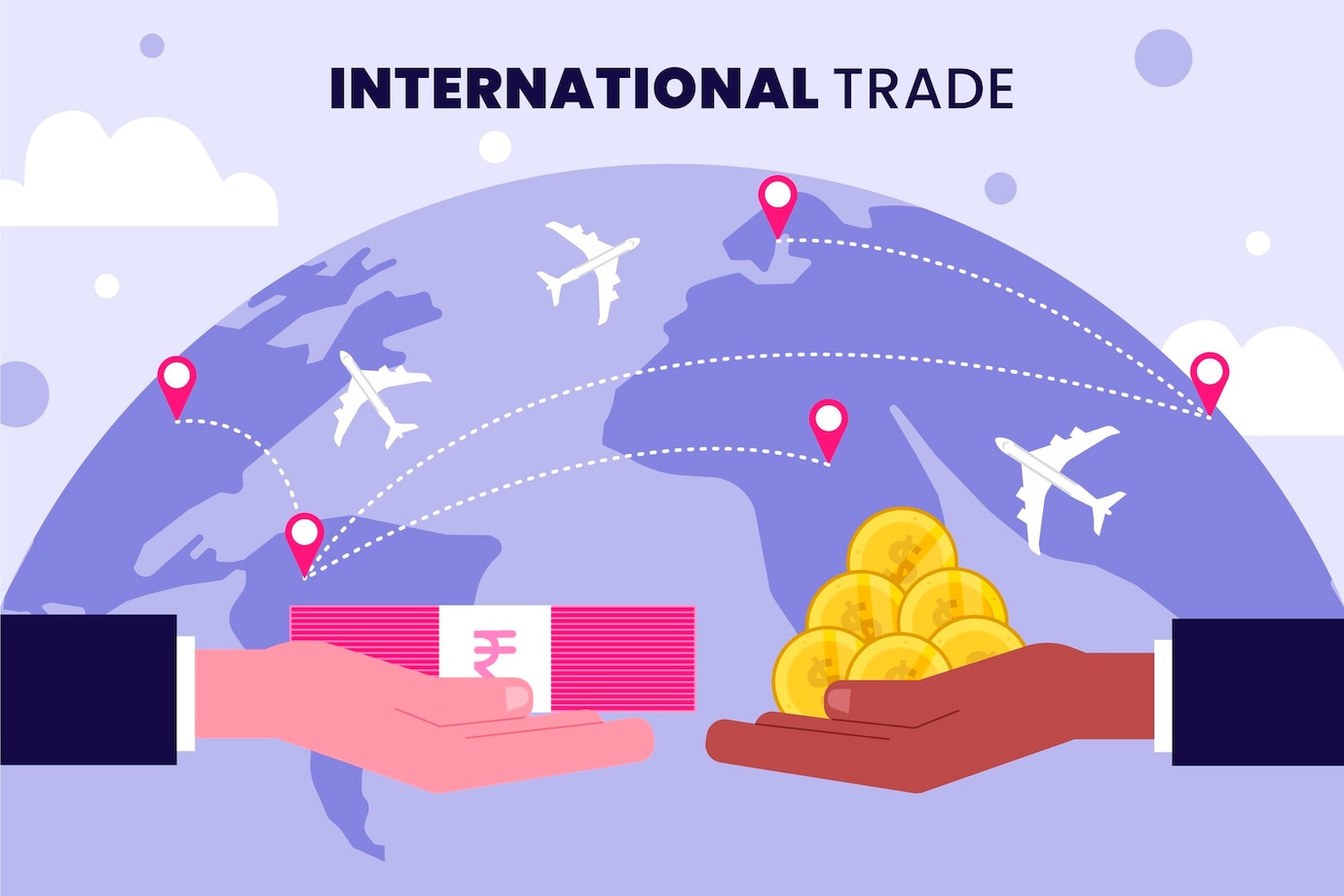5 Ways to Navigate Customs & VAT for Kickstarter
How to properly calculate and apply customs & VAT taxes for shippings
How to properly calculate and apply customs & VAT taxes for shippings
For new creators hoping to fund their tabletop game on Kickstarter, one of the most misunderstood and often miscalculated tasks of the campaign is how to properly calculate and apply customs and VAT taxes for shipments to countries outside of the USA. We have discovered after working on hundreds of campaigns that tabletop game developers are inventive and imaginative and contribute to the creative phases of the campaign with ease. Often though, teams get hung up on the complications of the logistical phase of the project, especially when it comes to the taxes that need to be applied when rewards are received by certain recipients of various international addresses.
Getting in front of this issue is key to a successful Kickstarter campaign for your tabletop game launch and therefore it is important to keep these issues in mind to properly navigate customs and VAT for your campaign.
First, to properly understand this subject, it is important to know the difference between Customs and VAT.
Customs (also known as Duties or Tariffs) are taxes that are applied to goods when they are imported from a foreign country and cross an international border. Customs fees are a way for a government to control the flow of different categories of goods into and out of a country. Customs are applied to products differently depending on the product category using a unique Tariff Code. Customs, along with assessment fees, are collected at the time of customs clearance in the foreign port.

VAT (Value Added Tax) is applied in the European Union as a tax assessed on the value added to goods and services. It applies to most consumer goods that are bought for use or consumption in the European Union. Imported goods that travel from international locations into the European Union are taxed to create parity with EU producers so that they can compete on equal pricing within the European market with international product suppliers which may be operating under different cost structures. This kind of consumption tax is an indirect tax that can be paid by the shipper but added to the cost of the product. Therefore, the real cost is born by the final consumer or buyer of the product, in this case, your Kickstarter campaign backer.
Both Custom and VAT increase the cost of your product to your backer. So understanding the final cost to your buyer is essential for you to price your rewards, avoid unpleasant fees for your backers and keep your fans happy.
Different products have Customs tax applied at different rates so it’s important to know how to properly categorize your product. Every kind of product is placed in a category using a tariff code. There are search tools available to help you properly categorize your product for export. For most consumer goods duty fees are around 5-7% of the import value. However, not all goods meet the minimum required value to trigger a customs fee.
VAT, on the other hand, is always applied to imported goods into the EU but the rate is based on the sales price. EU law only requires that the standard VAT rate must be at least 15% but actual rates vary between EU countries and between certain types of products. Rates applied in all EU countries is provided to help determine this amount.

To keep campaigns and reward structures simple, many creators use one shipping fee and let international backers pay for Customs and VAT directly. Remember, that most international citizens understand Customs and VAT because they typically pay these fees for other items. When they back a project on Kickstarter’s USA platform, they may assume there will be additional fees for international shipping. This method is good for creators because it takes the burden of accurate calculation off their shoulders and allows them to keep a simple fee structure because it is difficult to adequately calculate fees for many different countries. However, if creators go this route, it is essential that it is communicated in the shipping details so that backers are not surprised at the higher costs to receive their rewards. In this case, a Kickstarter pledge manager is helpful to determine different shipping costs for backers from different international regions.
To make receiving your tabletop game or other Kickstarter rewards effortless for your backers, your team can choose to ship from a single USA-based location and pre-pay for Customs and VAT. So that your backers receive their reward without additional fees upon delivery. This can be a viable option when production costs are reasonable and VAT and Customs can be accurately determined. Then, the average cost of these fees can be built into the reward cost using your pledge manager. This method is often employed by larger campaigns offering higher-value items that can absorb the cost of these fees within their profit margin. Shipping in this way is known as Delivered Duty Paid (DDP) and the seller takes responsibility for all risks and fees of shipping goods until they reach their destination. This method is useful for campaigns that are willing to incur some additional costs for international backers. It may be beneficial to your brand to gain more worldwide exposure and reach new fans for your project this way.

One way that larger companies and creators help lower costs for their backers is by maintaining multiple warehouses internationally. In this way, goods are imported to foreign destinations and warehoused until shipping to the final destination. This essentially makes the final delivery a ‘local sale’ and helps backers avoid customs and VAT fees. Instead, Customs fees are paid by the producer as they are imported into their foreign warehouses. This fee is not avoided by the producer of the goods but there are savings that are realized by this type of wholesale importing. This method can have benefits for larger companies and experienced crowdfunding teams that plan on multiple future campaigns and lots of international sales. However, it is unlikely to be cost-effective for smaller teams, startups, and independent sellers.
A good news for tabletop game creators who want to fund their projects on Kickstarter or other crowdfunding platforms is that there are now many logistics companies that can help guide them through the complex process of Customs and VAT. Many online shipping companies have tools that allow creators to accurately calculate fees. If they wish to pay them for the backers and those fees can be pre-paid after the campaign funding phase is complete so that delays are avoided for international shipping. With these tools and partners available to creators, it has never been easier to market and sells physical products(like tabletop games) to the world.
The All-in-One Toolkit to Launch, Manage & Scale Your Kickstarter / Indiegogo Campaign